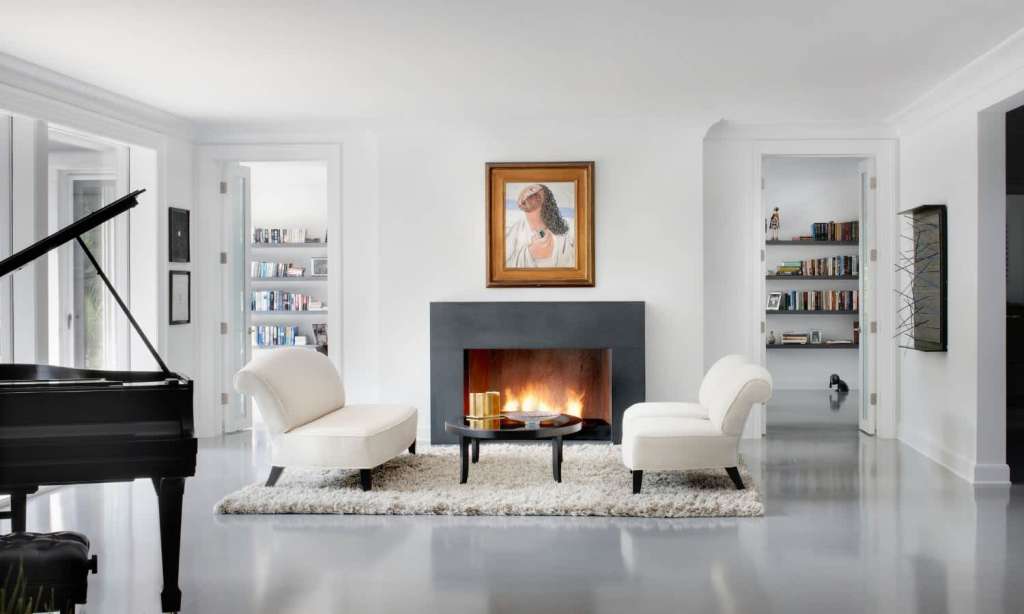You’re looking to rent or buy, and so you’re spending your weekends visiting open houses. And while chances are that after a few, you might start to think you’ve got the hang of them, there’s a lot you still might not know, of those facts being that you never go into one unprepared.
“It’s so important to have a plan before you attend an open house because it’s really easy to get caught up in the emotions that can come with buying a home,” says Michelle May, Principal of Michelle May Buyer’s Agents and host of podcast By Your Side. “Having a plan will also help you keep an open mind and help you look past possible paint colours or floor coverings that aren’t to your liking. Because, at the end of the day, it’s what’s inside the house that counts.”
As for what you should be including in your plan, May says it should be needs and non-negotiables, for instance, natural sunlight and hardwood floors, as well as your wants and negotiables.
“It’s also important to include in your plan what your lifestyle is going to look like in the next five to 10 years and think if the property is going to fit those needs also. Are kids going to be in the picture in the next five to ten years? Or is it going to be the opposite, are you going to be empty nesters?”
May says the biggest mistake she sees people making at open houses is falling in love with the styling of the house, instead of the house itself. The error in this is not remembering that the styling is just aesthetics, either specifically for the open house, or the owner’s — though, either way, it won’t be staying when you move in.
Again, having a plan can help you to be aware you don’t fall into this trap. She suggests concentrating on the bones of the house, the floor plan and natural light, once all the lights have been turned off. “That’s what’s important,” she says.
“Other things that people do wrong are falling into the FOMO trap because the agent has told them they have X number of people also interested in the property or they themselves notice a lot of people at the open house.”
It’s important to note that the level of interest can’t be judged by the number of people through the front door though, as there’s always the nosey neighbour and people attending open houses that have absolutely no interest in purchasing the house, May says.
“They’re there to either sticky-beak or they’re assessing the competition because they’re also selling their house. When it comes to open houses, it’s all about quality over quantity,” she says.
And finally, the last mistake May sees people make at open houses is people not using their five senses while they’re viewing the place — though, she says she does understand doing so is easier said than done, especially when they are a bunch of people there at the same time as you.
“Sight — look past the styling of the house,” she says. “Smell — smell all of the rooms in the house and try to smell more than the introduced smells for the open house such as flowers, a scented candle or fresh baked goods. Have they introduced smells to cover up damp, for example?
“Listen — take a moment to stand outside and listen to the neighbourhood. Is it noisy and do the sounds of the neighbourhood fit with your lifestyle? Touch — can you feel any soft wood that’s pliable to the touch or is there a springy floor? Taste — we don’t mean lick the walls, by taste we mean get a taste for the local area, because remember you’re buying into that also. Head to the local supermarket, sit and have a coffee at the local coffee shop and people watch for a while — are they your people?”
Again, having a plan and being aware of what to look out for is essential to ensuring you make the right decision. Tapping into your five senses, and taking out the interior styling from the equation can potentially save you from making a big financial mistake.
Read more stories from The Latch and subscribe to our email newsletter.

